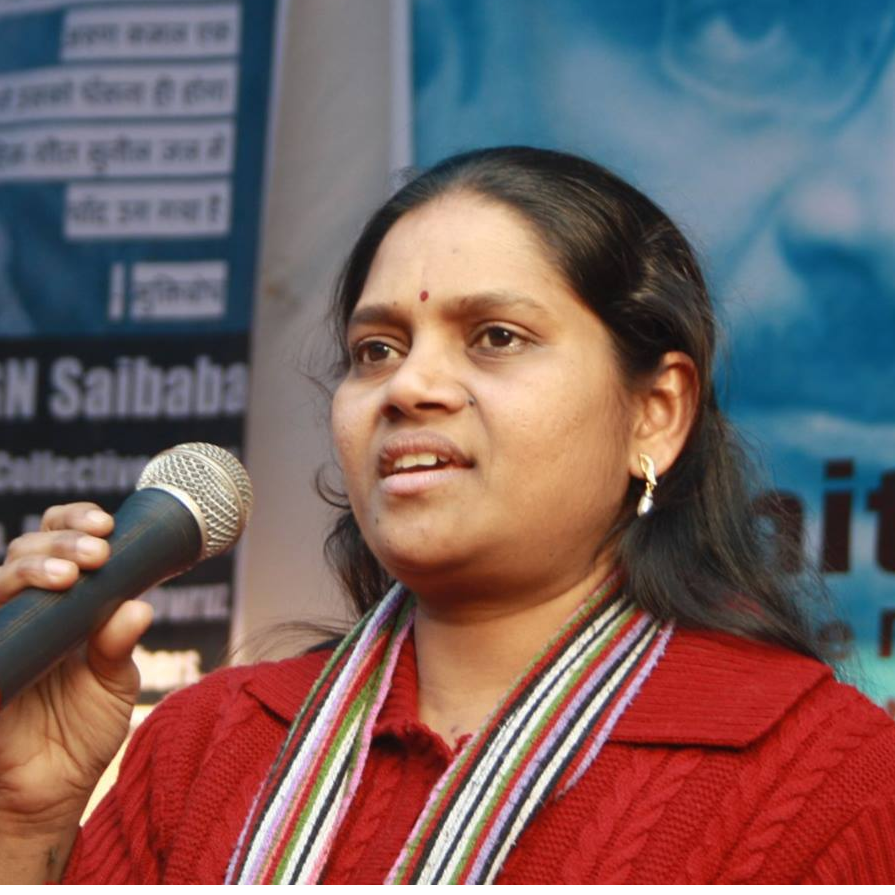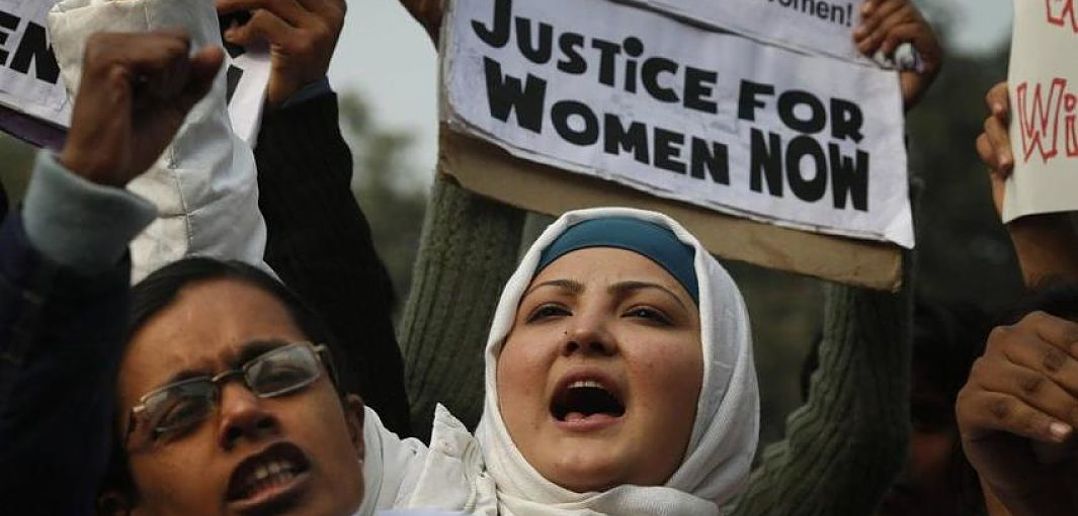Human rights defenders in India face a diverse range of attacks and harassment from state and non-state actors alike, including killing, physical assault, arbitrary detention, threats and judicial harassment. Police officials are often the perpetrators of violence against HRDs, which is usually carried out with impunity. Armed groups and private companies also target HRDs for work related to economic development projects and their impact on the local communities or the environment. HRDs are increasingly the targets of online smear campaigns by radical nationalists.
HRDs making use of the Right to Information (RTI) Act are liable to be killed, assaulted or harassed for exercising their fundamental right to demand and receive information from public authorities. Women HRDs are targeted with gender-specific threats – death, gang rape or acid attacks – both online and offline. They are particularly vulnerable in regions with a heavy presence of the military and armed groups. In the Red Corridor, a region in East India experiencing Naxalite-Maoist insurgency, HRDs, including lawyers, researchers and journalists face acts of intimidation and persecution and work under tremendous pressure from authorities, rebels, and vigilante groups. People defending the rights of marginalised communities such as the Adivasi and the Dalit can encounter death threats, destruction of their properties, fabricated charges, physical attacks, as well as caste-based discrimination by state and non-state actors alike.


